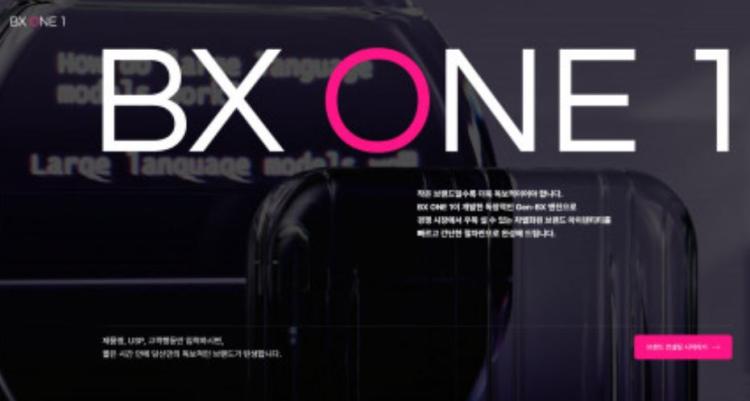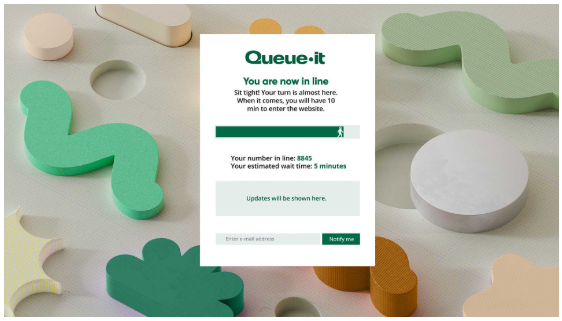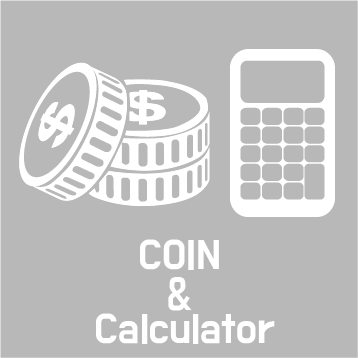The State of the Blockchain Ecosystem in South Korea
Blockchain in South Korea by the Numbers
In 2021, South Korea is estimated to be the third biggest cryptocurrency market in the world. While South Korean crypto exchanges accounted for more than nine percent of the global trading volume in August 2021, the Korean Won ranks among the top five most traded currencies for Bitcoin.
What is so interesting about this is that South Korea has a smaller population than the other countries with big cryptocurrency markets, indicating that a larger percentage of the overall population of South Korea actively trades cryptocurrencies.
Why Are Cryptocurrencies So Popular in South Korea?
Cryptocurrencies are popular in South Korea for a number of reasons. First, cryptocurrencies have gained popularity among the younger generations in South Korea who see cryptocurrencies as a way to become successful and grow their wealth. That’s why 2021 survey data indicated that 49.8% of South Korean workers between the ages of 30 and 39 that were polled stated that they had invested in cryptocurrencies followed closely by workers in their 20s at 37.1%.
Second, South Korea is well-known for being quick to adopt new technology, and culturally South Koreans generally tend to accept and embrace new technological innovations.
These aspects developed the perfect environment for blockchain and cryptocurrency to thrive and for the space to continue to grow in influence. Due to the growing popularity of cryptocurrencies, the South Korean government began to take notice earlier than many other governments, and in 2020, passed one of the world’s first comprehensive cryptocurrency laws.
The legislation provided a blueprint for the regulation and legalization of cryptocurrencies and crypto exchanges. So what exactly is the regulatory landscape like in South Korea and how has it impacted the crypto space there? Here’s what you need to know:
Cryptocurrency Regulations in South Korea
The SFIA was the first legislation in South Korea to define digital assets into law. Some of the most noticeable changes to the industry that have resulted from the new crypto regulations have been to crypto exchanges.
Crypto Exchanges in South Korea
According to the new regulations in the country, all exchanges operating in South Korea had to obtain licenses from financial and internet regulators by September 24th 2021 in order to remain in operation. As of a week prior to that date, only 28 exchanges of the 63 operating in the country had received certification from the Korea Internet and Security Agency, which was the first step toward receiving final approval from the Financial Services Commission (FSC). According to the FSC, the other 35 exchanges were at the time considered unlikely to be able to meet the deadline.
Ultimately, many of the smaller exchanges were forced to close down. Only the four largest exchanges, Upbit, Bithumb, Korbit, and Coinone, were granted the ability to fully operate with Korean won to crypto trades enabled by satisfying all of the requirements on time. Twenty-five other exchanges completed one requirement, so they were allowed to continue operating purely as token-to-token exchanges.
Altcoin Trading in South Korea
Another aspect of the Korean crypto space that has been impacted by regulations is the altcoin market. Altcoins make up around 90% of South Korean crypto trading, and some of that trading is in crypto assets developed in Korea, commonly known as “Kimchi coins”. However, due to their reliance on Korean exchanges for trading, the Kimchi coins were largely wiped out of existence when many of those exchanges were forced to cease operations in South Korea.
These impacts from the regulations caused many Koreans to be required to move their assets to another exchange and cash out of their Kimchi coins or risk losing their funds.
Investment in the Crypto Space Is Still Strong in South Korea
Despite the regulations, large corporations and conglomerates in South Korea such as Samsung are still pouring investment money into blockchain and cryptocurrency startups. Samsung Next, which is Samsung’s venture capital fund, has been one of the most prolific investors in blockchain and shows no signs of slowing down.
Despite the regulations and the impact they have had, South Korea is still generally considered to be a crypto-friendly country. Although the government has moved toward implementing regulations for the crypto space, it has also provided resources for blockchain projects. The Ministry of Science and ICT allocated a budget of 53.1 billion KRW in 2021, representing an increase of 55% over the previous year, to promote blockchain projects. Also, the Bank of Korea, which is South Korea’s central bank, has begun implementation of a pilot program to examine the possibility of issuing a Central Bank Digital Currency (CBDC).
Korean businesses have also adopted blockchain. Korea’s largest online messaging app, Kakao, has launched a digital art platform integrated with a digital wallet, which will allow non-fungible tokens to be traded.
NFTs in South Korea
In another sign of support for the blockchain space, the Financial Service Commission (FSC) stated in a public statement on November 6th, 2021 that non-fungible tokens (NFTs) are not virtual assets so they will not fall under the country’s cryptocurrency regulations. Essentially, NFTs will not be regulated in South Korea. New cryptocurrencies and NFTs have emerged in many industries, including the South Korean music industry which has popularized K-pop around the world.
Blockchain and Healthcare in South Korea
Healthcare was one of the first industries in South Korea to experience the benefits of managing data and storage on blockchains. The government has helped to encourage the use of blockchain in healthcare by conducting projects and tests around the concept. These projects were started in 2019 and have continued since then. Innovations in healthcare data management have been needed recently more than ever before due to the desire of countries around the world to effectively battle the Coronavirus Pandemic.
Cryptocurrency and South Korea
To conclude, it seems clear that cryptocurrencies, blockchain technology, and NFTs will continue to thrive in South Korea and the country will remain one of the most crypto-focused countries in the world. Despite imposing regulations on crypto exchanges and projects, the government in South Korea is actively working to promote the use of blockchain technology in the country.
Businesses in Korea continue to implement blockchain technology, and industries from entertainment to healthcare are using blockchain to improve existing processes. Trading cryptocurrencies is expected to remain extremely popular in the future, especially for South Korea’s young people. The Korean population’s emphasis on early-adoption of innovative technology will likely continue to help the country remain at the forefront of blockchain development for years to come.
Reporter Gina Lee (news@dailycoinews.com)의 기사 더 보기
- Daily Coin News prioritizes the voice from the scene over others(news@dailycoinews.com) -
- 기사에 사용된 모든 자료에 대한 책임은 작성자 본인에게 있습니다 -
[copyrightⓒ 2018 All rights reserved by Daily Coin News]
Leave a Comment
Write As a Reporter




Coin 시황



















